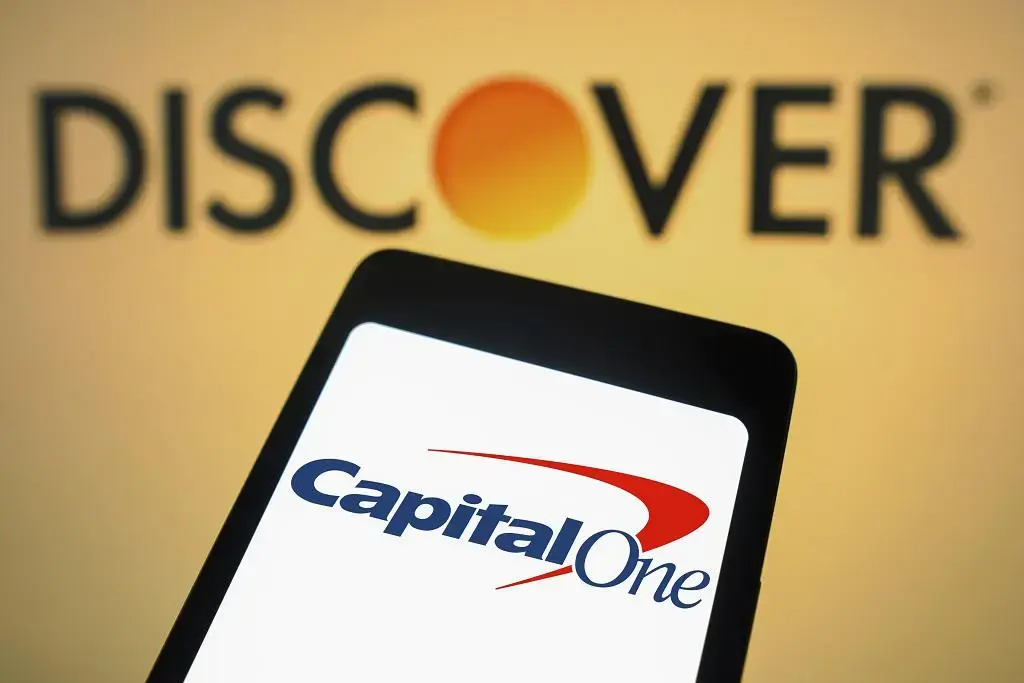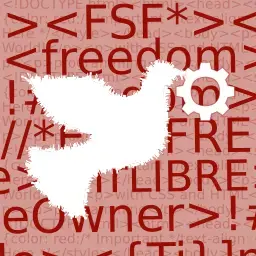I used the Bogleheads forum over 15 years ago. It eventually turned sour and I left.
One of my issues is that the banking and finance sector and consumers engaging in it are conservatives. So if you want to ask a question like “where can I find a relatively ethical bank/investment firm that does not invest in fossil fuels?” it’s alienating to right-wingers to consider ethics. They don’t see the ethical problems that plague the industry and at the same time they don’t recognize the concept of ethical consumption. They just expect everyone to look after number 1. Bogleheads had little tolerance for politics, which inherently forces a narrow discussion of what financial products bring what value to the selfish types of consumers who neglect ethics. They don’t want someone exposing JP Morgan’s investment in private prisons or fossil fuels, or even how JPM Chase has a sneaky anti-Tor policy to discover which of their customers use Tor. Bogleheads did not kill my account… it was just that ethical topics either had crickets or hostility, and censorship. IIRC what ultimately drove me off was Bogleheads started blocking Tor or using Cloudflare or something that demonstrated disrespect for digital rights. But apparently they re-liberated their forums since it seems Tor is permitted again.







It’s not a topic issue. The discussions are largely around platforms and custodians. They bring lots of ethical problems. Anything on this page is relevant to personal finance:
https://git.disroot.org/cyberMonk/liberethos_paradigm/src/branch/master/usa_banks.md
If someone managing their personal finances wants to ask how to avoid the bad players and still achieve their goals, it’s relevant. But Bogleheads is not keen. I don’t recall the particulars (it was over a decade ago) but it wasn’t topic related. It was just a conservative moderator or crowd who don’t want ethics getting in their way or cluttering their view.
Certainly not a legal issue in the US. Tor works ATM on Bogleheads. Cloudflare is often chosen out of ignorance by admins who don’t even know what Tor is, or at least don’t know that most Tor traffic is legit. It’s usually a lazy move. I don’t recall the details about Boglehead’s tor hostility but they’re reachable over Tor right now.